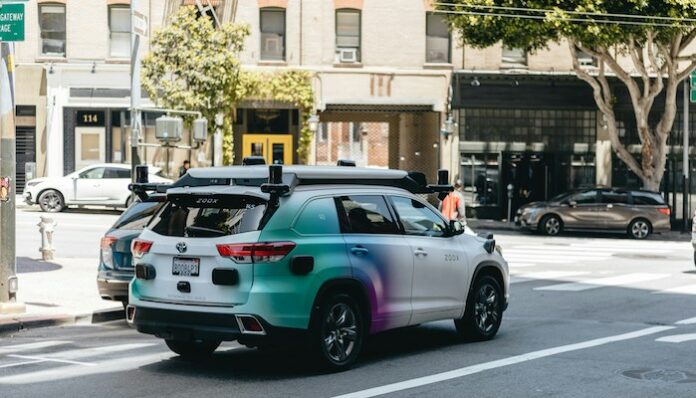
Imagine a world where you hop into your car, tell it your destination, and then sit back to enjoy the ride. Well, that world may soon be a reality.
Today, self-driving cars have gained traction. And as these autonomous vehicles hit the roads, they’ll drive big changes to the car insurance industry.
Let’s look at six different ways self-driving could change your life, as well as the industry.
1. It could cause a liability shift.
When cars drive themselves, who takes the blame if an accident happens? Insurers have thought long and hard about this question. With self-driving cars, the focus will shift from driver liability to product liability. This means that if a crash occurs, people will now wonder if the car’s technology has issues. Car insurance might start looking more at the car manufacturers and less at individual drivers.
2. We could have safer roads.
Experts expect that self-driving cars will make the roads safer. Unlike humans, cars don’t get tired, distracted, or experience road rage. And they don’t text or drink while driving. This could mean fewer accidents. For insurers, fewer accidents mean lower risks, and this could lead to cheaper premiums.
3. Companies may use data-driven insurance.
These high-tech vehicles collect a lot of data. They know how fast they move, how they drive, and much more. Insurers could use this data to offer personalized insurance plans. For example, if your car’s data shows you as a cautious driver, you could get a discount even if you don’t drive the vehicle.
4. Cybersecurity could pose a risk.
With self-driving cars relying heavily on connective software, hacking could pose a new threat to them. If a hacker takes control of your car, it could quickly become dangerous. Insurers will have to think about how to cover these kinds of risks. They mad add cybersecurity insurance as part of their insurance policies in the future.
5. Regulations could play a larger role.
Governments and regulatory bodies will play a big role in shaping insurance for self-driving cars. They will have to update laws and regulations to keep up with this new technology. This will guide how insurers assess risks and offer coverage.
6. Business models may change.
The rise of self-driving cars could lead to radically different insurance models. For example, car manufacturers might start offering insurance for their vehicles. Or, we may see more pay-as-you-go insurance models where you’re only covered for your car’s mileage.
Most of all, self-driving cars will create a shift in how we think about transportation. The insurance industry must adapt to changing risks, data, and updated regulations. As these futuristic cars take to the streets, it’s not just about getting from Point A to Point B’ it’s about steering towards a safer, more efficient future.
Photo by Timo Wielink on Unsplash



















One of the most significant benefits of self-driving cars is their potential to reduce traffic accidents. Human error accounts for a large percentage of road incidents, and autonomous vehicles are designed to minimize these risks. With advanced sensors, cameras, and AI algorithms, self-driving cars can detect hazards and react faster than human drivers. This could lead to fewer accidents, less injury, and ultimately save lives.